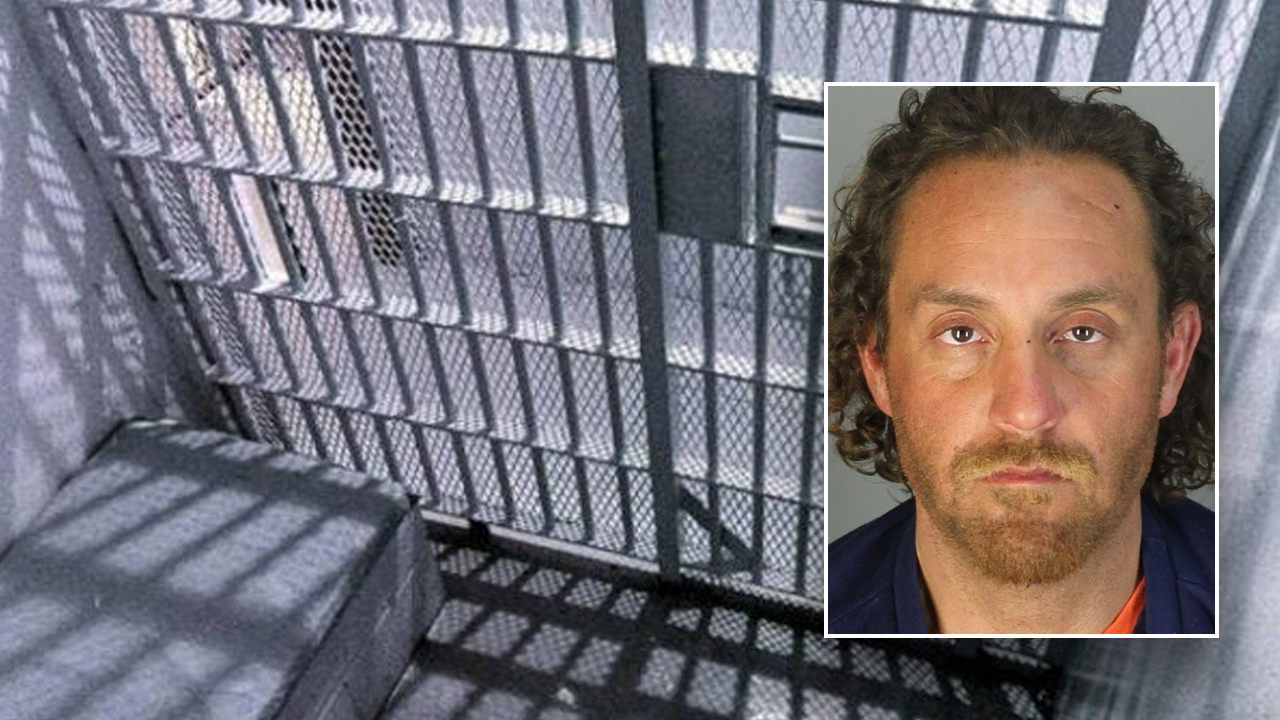Napa Tragedy: Man Charged with Murder Days After Release Under California's Mental Health Laws Sparks Debate

A disturbing case in Napa County, California, is reigniting a fierce debate surrounding the state's mental health laws and their impact on public safety. Just days after being released under these laws, a man is now facing murder charges, prompting concerns and questions about the balance between protecting individual rights and safeguarding communities.
The incident has sent shockwaves through the region, with many residents expressing outrage and demanding a review of the existing mental health system. While the laws are designed to ensure that individuals with mental health conditions receive appropriate care and are not unjustly incarcerated, critics argue that they may be too lenient, potentially allowing individuals who pose a danger to themselves or others to roam freely.
The Case Unfolds: The suspect, whose name is being withheld pending further legal proceedings, was previously undergoing mental health treatment but was recently released after a court determined he no longer met the criteria for involuntary detention. Authorities allege that he then committed a brutal murder, leading to his arrest and subsequent murder charges. Details surrounding the victim and the circumstances of the murder are still emerging, but the case has already garnered significant media attention and public scrutiny.
California's Mental Health Laws: A Complex Landscape California's mental health laws, particularly the Lanterman-Petris-Short (LPS) Act, are among the most restrictive in the nation. The law dictates that individuals can only be involuntarily held for mental health treatment if they pose an imminent threat to themselves or others due to a mental health disorder. This high threshold for intervention is intended to protect the rights of individuals with mental illness, but it also presents challenges in situations where someone's condition deteriorates after release.
The Growing Debate: Balancing Rights and Safety This case is not an isolated incident. Similar concerns have been raised in the past regarding the potential for individuals with mental health conditions to commit violent acts after being released. Advocates for stricter laws argue that the current system prioritizes individual rights over public safety, while proponents of the existing laws emphasize the importance of protecting the civil liberties of those with mental illness.
“This is a heartbreaking tragedy, and our thoughts are with the victim's family,” stated Napa County District Attorney Allison Ellis. “However, this case also underscores the complexities of our mental health system and the need for ongoing evaluation and improvement. We must find a way to balance the rights of individuals with mental illness with the safety and well-being of our community.”
Looking Ahead: Potential Reforms and Solutions The aftermath of this tragedy is likely to spark renewed calls for reform of California’s mental health laws. Potential solutions being discussed include:
- Increased Funding for Mental Health Services: Providing more resources for treatment, outreach, and support services could help prevent individuals from decompensating after release.
- Improved Monitoring and Supervision: Strengthening the monitoring of individuals released under mental health laws could help identify potential risks and intervene before harm occurs.
- Re-evaluation of Release Criteria: Some experts suggest that the criteria for release should be re-evaluated to ensure that individuals are truly stable and pose no danger to themselves or others.
- Collaboration between Mental Health Professionals and Law Enforcement: Enhanced collaboration between mental health professionals and law enforcement agencies could improve the identification and management of individuals with mental health conditions who may pose a threat.
The Napa County case serves as a stark reminder of the challenges inherent in navigating the intersection of mental health, public safety, and individual rights. As the legal proceedings unfold, the debate surrounding California’s mental health laws is sure to intensify, prompting a critical examination of how the state can best protect both its citizens and those struggling with mental illness.






/static.texastribune.org/media/files/3f70d4893c58def0d910365d3b41c5b5/1107+Odessa+Investment+EH+TT+68.jpg)